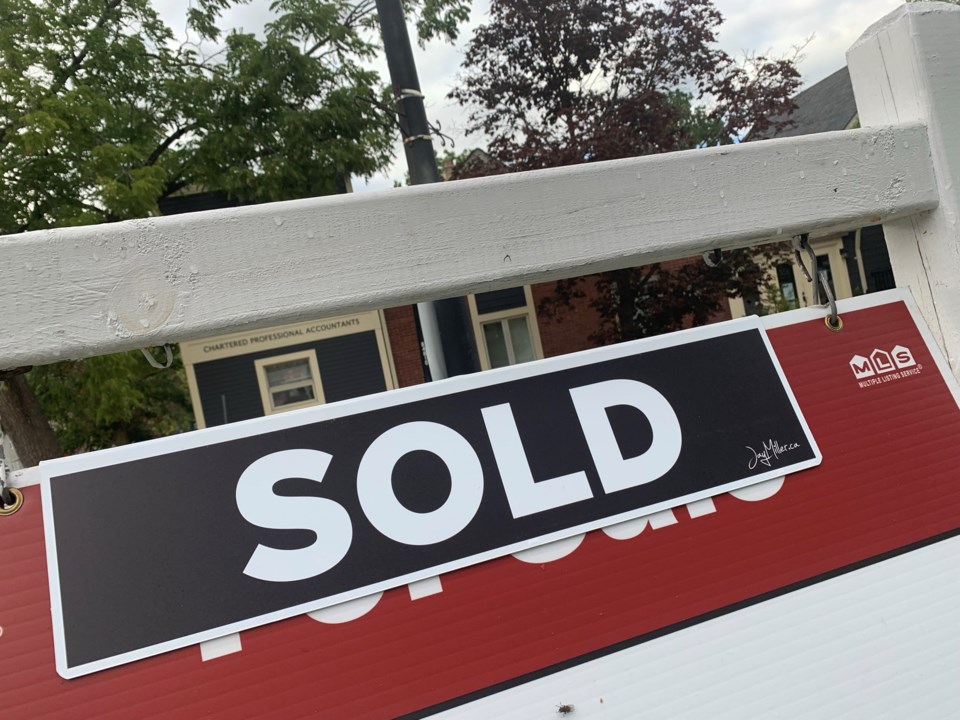A new report indicates a majority of York Region supports a vacant housing tax that could come in 2023, but debate remains to be had on its implementation.
A public consultation by KPMG for the region shows 71.5 per cent of respondents support a vacant housing tax, while another eight per cent somewhat agree. The tax would affect homes left empty as investment property in an effort to improve stock for the housing and rental market.
Council voted today to have staff continue its work, with a draft bylaw to come in 2023. Markham Regional Councillor Jack Heath commented on one of the responses from the public, describing all the empty homes as a “sad” situation.
“One empty home in the middle of a large community is no great problem, but when all sorts of people decide they’re going to invest in homes and not have people living there, it creates great difficulty in the community,” he said.
KPMG estimates there are approximately 7,250 vacant homes in York Region, of which 1,600 could be subject to a tax. The figures are based on homes “not occupied by usual residents” in the 2021 census, with the final 1,600 based on the ratio that Vancouver experienced between that census total and vacant homes it ultimately taxed in 2017.
Based on a rate between one and two per cent and housing prices, the firm estimated the region could bring in between $13.4 million and $26.8 million in revenue from the tax, which the region has indicated could go to affordable housing development.
“While the implementation of a VHT in York Region appears to be feasible from the initial revenue estimates, there is still work to be done by the region and local municipalities to establish an appropriate implementation plan for the tax," the report said.
Commissioner of finance and regional treasurer Laura Mirabella said consultation with the local municipalities is ongoing.
But support for the tax is not universal, with about 17.5 per cent of KPMG respondents indicating opposition. Richmond Hill Regional Councillor Carmine Perrelli said he would withhold final judgment until more information comes forward, but he does not generally agree with the tax.
“We’re going down a slippery slope,” he said, suggesting the tax logic could apply to empty basement apartments or empty nesters. “People have a vacant house, whether it’s an investment or not an investment. We should allow people to run their investments the way they see fit.”
Council has directed staff to work on the tax and bring back a report and draft bylaw in the first quarter of 2023.
“This vacant home tax will help us return community in places where it has been really damaged," Heath said.
